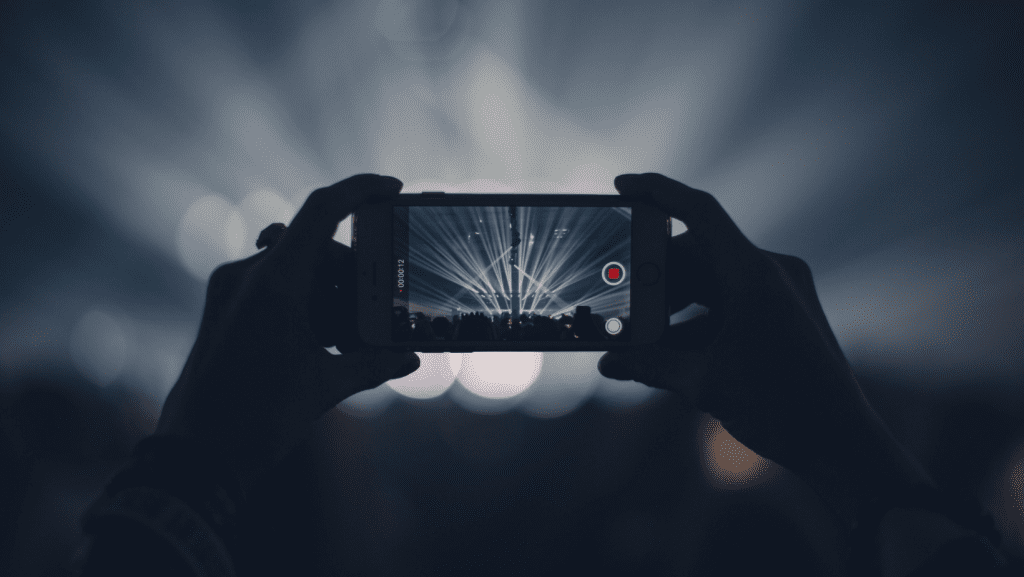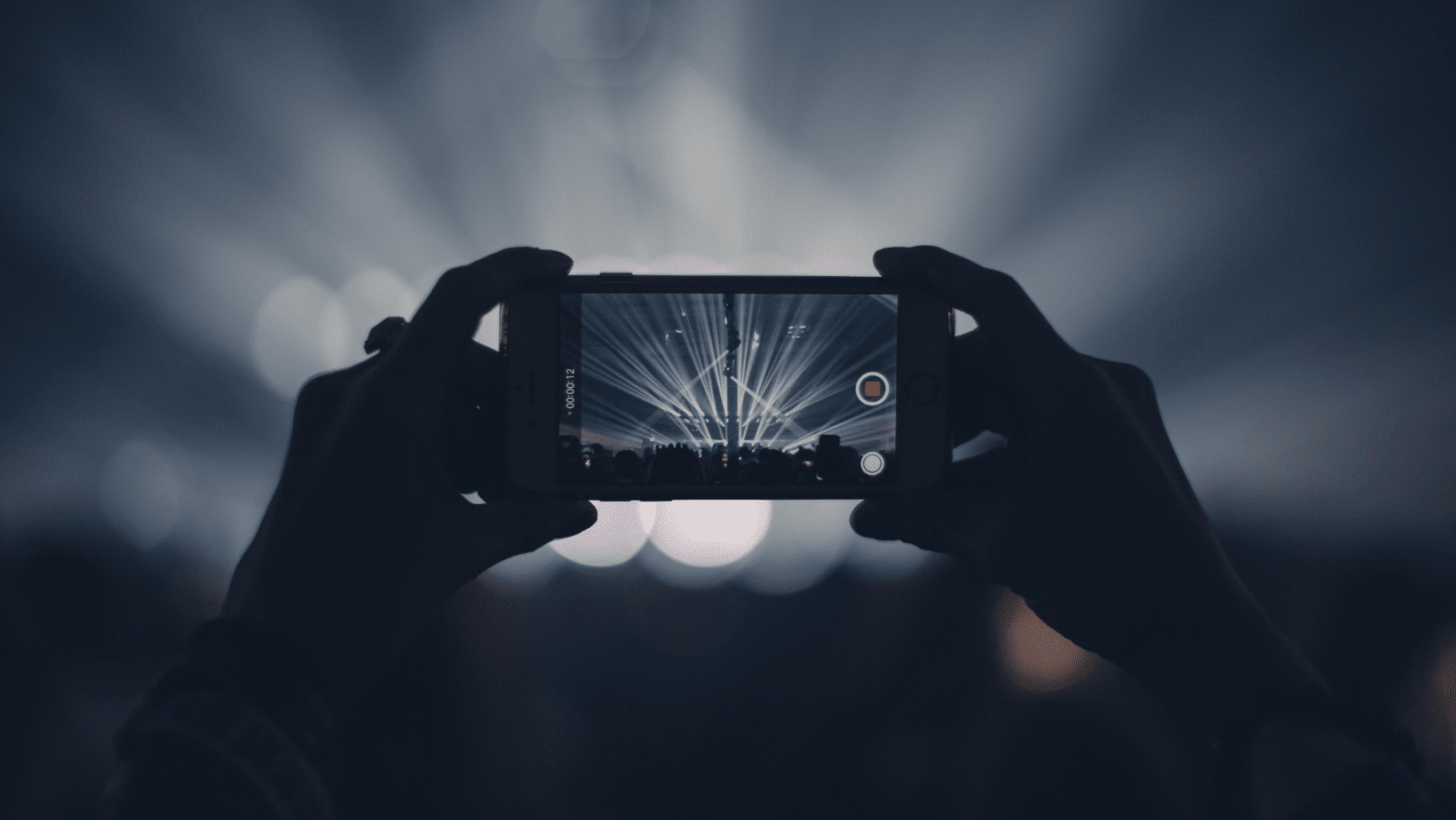

In a world where festival stages are illuminated by phone screens as much as lights and lasers, the debate over smartphone use at shows has become a divisive topic in the electronic music community. While some DJs argue that screens disrupt the energy of the moment, Dutch house music DJ and producer Chris Stussy sees things differently. In a recent interview on The Will Clarke Podcast, Stussy defended the trend, offering a nuanced perspective on how technology is reshaping the live music experience.
Stussy acknowledges the generational shift in nightlife culture, noting that today’s fans want to capture more than a fleeting moment—they want to document an entire experience. “That’s just the new generation,” he explained. “They want to capture a moment, but not just a moment—they want to capture every moment they feel like, ‘I was a part of this.’” In his view, filming at shows has become an extension of how fans participate in and memorialize the culture they love.
His comments bring an interesting contrast to the chorus of artists speaking out against smartphone use at shows. In recent months, icons like Bob Sinclar have taken to social media to critique phone use after what he called the “worst gig” of his career, derailed by fans more focused on recording than dancing. Other artists, including Damian Lazarus, James Hype, MEDUZA, and Barry Can’t Swim, have expressed concerns that phones are diluting the authenticity of live music experiences. Many feel that screens serve as barriers, disconnecting people from the collective energy that defines electronic music culture.
But for Stussy, the debate isn’t so clear-cut. He likens the urge to record live sets to the experience of attending a high-profile sporting event, where capturing the excitement feels natural. “If people spend a lot to be somewhere memorable, they’ll probably want to document it,” Stussy said. Rather than dismissing phone use, he views it as a new way for fans to engage, share, and relive memories—qualities that resonate with a generation raised in a digital landscape.
This ongoing debate speaks to the heart of how we experience live music in a hyper-connected world. For many fans, recording isn’t about distraction but about preserving a piece of the experience. And, as a recent study found, 55% of live music fans now say that recording performances is more important than being fully immersed. This generational shift highlights the fine line between living in the moment and curating a memory bank to revisit and share, making each fan’s choice as unique as their musical journey.
Stussy’s perspective invites an open dialogue on how technology intersects with cultural tradition, a topic that resonates within electronic music communities navigating a rapidly evolving industry. It’s a reminder that, whether we’re filming or dancing, what truly matters is the personal connection each fan feels to the music—and to the moment.

